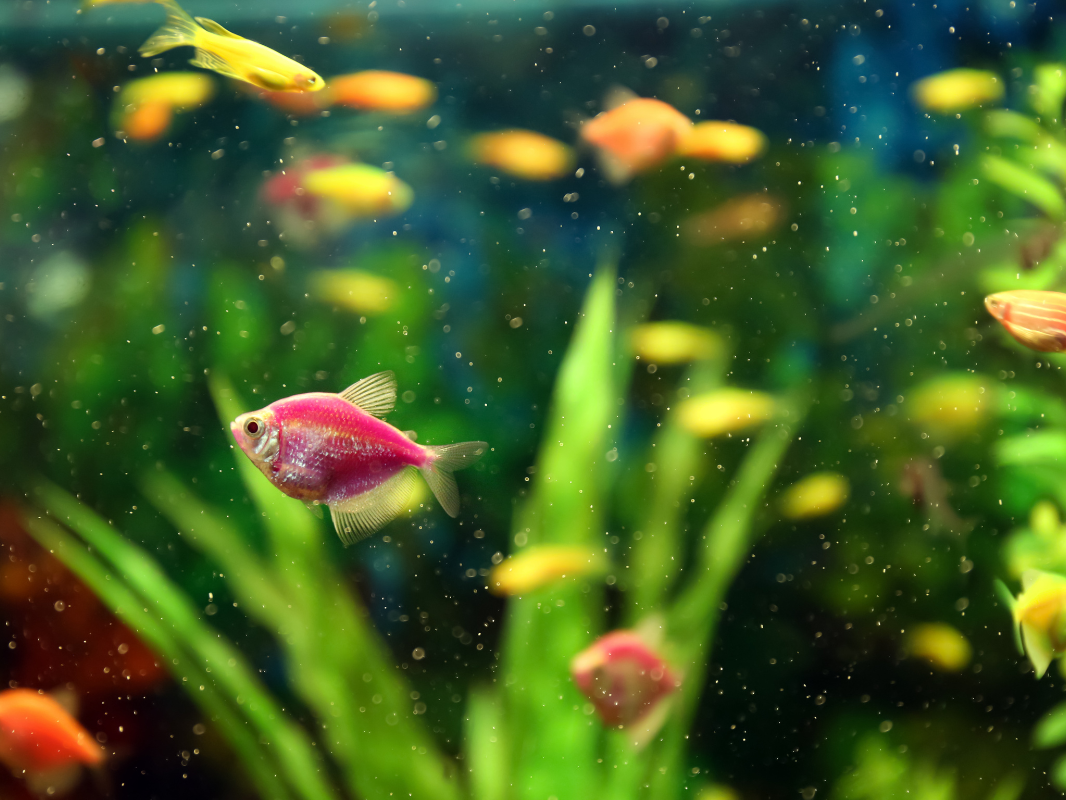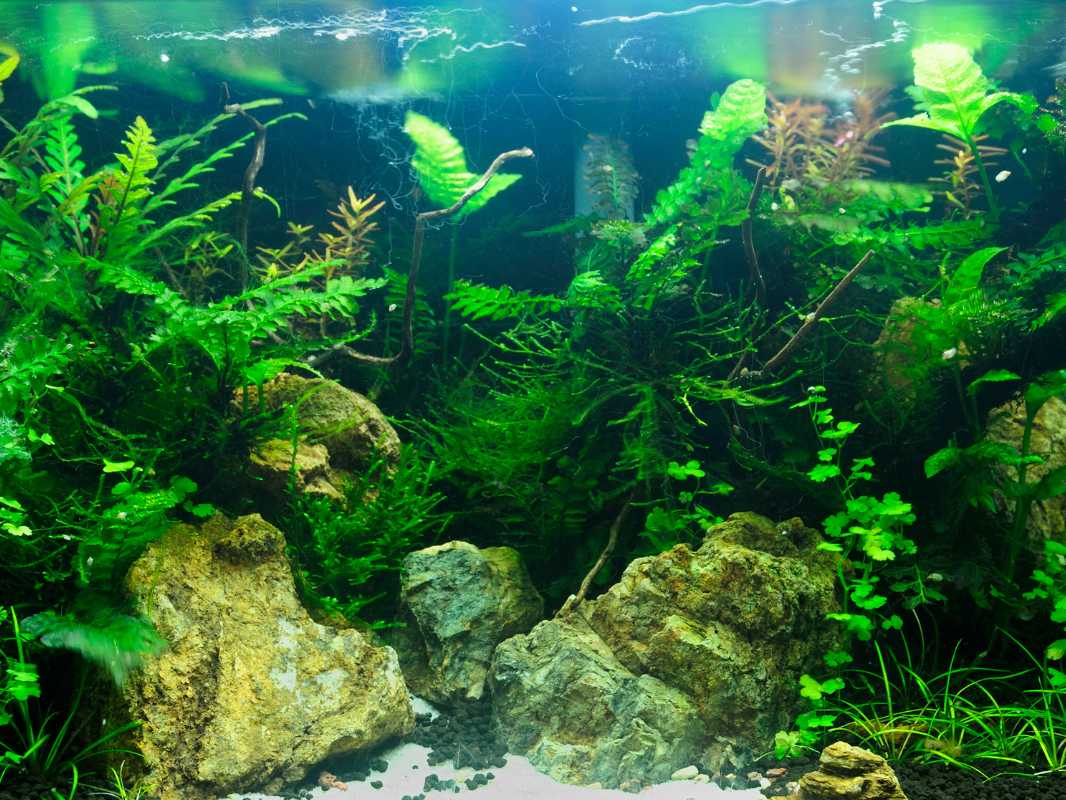Introduction to Fish Nutrition
Fish nutrition is a fascinating and complex field…
Essential Nutrients for Fish
Proteins and Amino Acids
- Role: Building blocks of fish health…
Lipids and Fatty Acids
- Role: Essential for energy and growth…
Carbohydrates in Fish Diet
- Role: Energy source and dietary balance…
Vitamins and Minerals
- Role: Key to fish health and disease prevention…
Register for our latest in-depth reviews and product round-ups from the experts
Enter your email address below to receive our twice monthly reviews emails.
By entering your details, you are agreeing to our terms and conditions and privacy policy. You can unsubscribe at any time.
Special Nutritional Needs of Different Fish Species
Freshwater vs Marine Fish
- Freshwater Fish: Often require less salt…
Ornamental vs Cultured Fish
- Ornamental Fish: May require more specialized diets…
Role of Diet in Fish Development and Reproduction
Impact of Nutrition on Growth Rates
- Balanced Diet: Leads to optimal growth rates…
Breeding Success
- Nutrient-Rich Diet: Supports reproductive health…
Tables with Relevant Facts:
| Nutrient | Role in Fish Health | Common Sources |
| Proteins | Growth and repair | Fishmeal, soybean meal |
| Lipids | Energy storage, cell structure | Fish oils, plant oils |
| Carbohydrates | Energy source | Grains, legumes |
| Vitamins | Immune function, metabolism | Natural food, supplements |
| Minerals | Bone health, osmoregulation | Natural food, supplements |
External Link for Further Reading:
Practical Aspects of Fish Nutrition
Formulating Balanced Diets for Fish
Components of a Healthy Fish Diet
- Proteins: Essential for growth and repair…
- Fats: Provide energy and help in nutrient absorption…
- Carbohydrates: Less crucial but still important for energy…
- Vitamins and Minerals: Vital for overall health and disease prevention…
Considerations for Different Settings
- Commercial Aquaculture: Focuses on growth rates and cost-effectiveness…
- Home Aquariums: More emphasis on color enhancement and health…
Feeding Practices and Strategies
Frequency and Quantity of Feeding
- Young Fish: Require more frequent feedings…
- Adult Fish: Typically fed once or twice a day…
Adjusting Diets for Different Life Stages
- Juveniles: High protein for growth…
- Adults: Balanced diet for maintenance…
- Breeding Fish: Specific nutrients to enhance reproductive health…
Challenges in Fish Nutrition
Addressing Nutritional Deficiencies
- Symptoms: Poor growth, faded colors, lethargy…
- Solutions: Adjusting diet composition or supplementing specific nutrients…
Managing Overfeeding and Dietary Imbalances
- Consequences: Poor water quality, health issues…
- Prevention: Monitoring feeding amounts and frequencies…
Tables with Relevant Facts:
| Life Stage | Dietary Focus | Feeding Frequency |
| Juvenile | High protein | Multiple times a day |
| Adult | Balanced diet | Once or twice a day |
| Breeding | Enhanced nutrients | As required |
Martin Cochran
Dive into fish care with Martin, your guide from the coastal beauty of Brighton. He shares tips on keeping your aquatic companions happy and healthy. Join him on a fin-tastic journey where every swim is a voyage of joy. Trust Martin for a smooth sailing aquatic experience.




